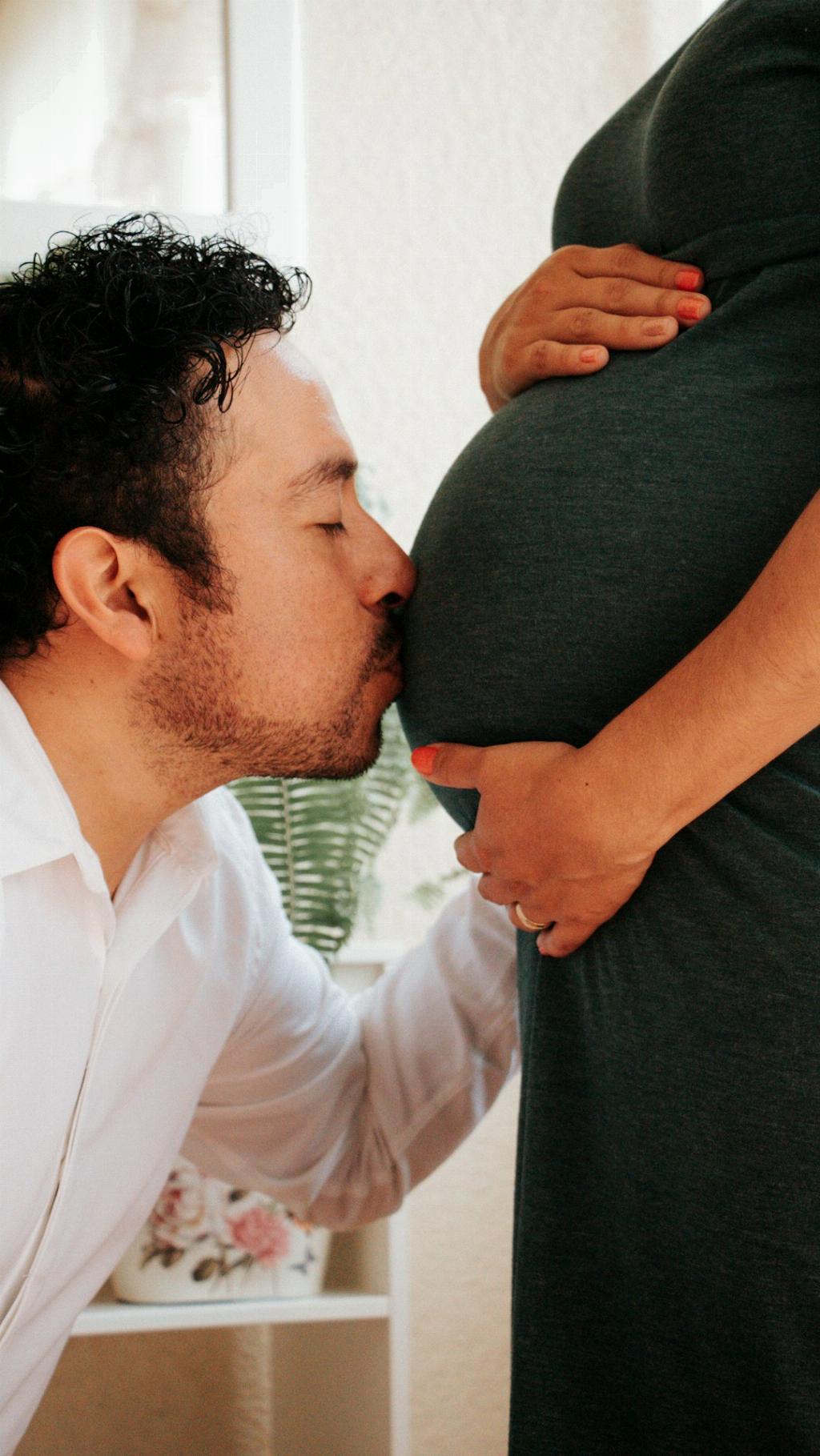When it comes to pregnancy, it’s crucial to prioritize the well-being of both the mother and the unborn child. Recent research has shed light on the potential impact of extreme cold temperatures on pregnancy outcomes. A study revealed a concerning correlation between exposure to extreme cold during the early stages of pregnancy and an increased risk of preterm birth.
The participants in the study who encountered extremely cold weather conditions, defined as falling below the tenth percentile of the average temperature for their region, within the first seven weeks of pregnancy were found to have a 20 percent higher likelihood of delivering their babies before reaching 34 gestational weeks. This finding underscores the importance of considering environmental factors during pregnancy and the potential effects of extreme cold.
Pregnant individuals should be particularly mindful of their exposure to cold temperatures, especially during the crucial early stages of pregnancy. While it’s natural to experience temperature fluctuations, extreme cold could pose risks that may impact the health of both the mother and the developing fetus. Understanding the potential consequences of being exposed to severe cold is key to making informed decisions regarding lifestyle and environmental factors during pregnancy.
It is essential for expectant mothers to take proactive measures to protect themselves and their unborn babies from the potential adverse effects of extreme cold. This may involve dressing warmly, staying indoors during particularly chilly weather, and ensuring that indoor temperatures remain comfortable and safe. By prioritizing warmth and comfort, pregnant individuals can help mitigate the risks associated with exposure to extreme cold.
Furthermore, seeking advice from healthcare providers and obstetricians can offer valuable insights into how to navigate the challenges of cold weather during pregnancy. Healthcare professionals can provide personalized guidance based on individual circumstances, ensuring that pregnant individuals receive the support and information needed to safeguard their well-being and that of their developing baby.
While the study highlights a concerning association between extreme cold and preterm birth, it’s important to note that additional research is needed to further investigate the mechanisms underlying this relationship. By continuing to explore the impact of environmental factors such as cold temperatures on pregnancy outcomes, researchers can contribute to a deeper understanding of how external conditions may influence maternal and fetal health.
As we gain more insights into the potential risks of being exposed to extreme cold during pregnancy, it becomes increasingly evident that maintaining a warm and nurturing environment is vital for promoting healthy pregnancies. By staying informed, seeking support from healthcare professionals, and taking proactive steps to address environmental factors, expectant mothers can enhance their well-being and optimize pregnancy outcomes.
In conclusion, while being cold may not inherently be “bad” for pregnancy, the potential consequences of exposure to extreme cold temperatures warrant attention and proactive measures. By staying informed, taking precautions, and seeking guidance from healthcare providers, pregnant individuals can prioritize their health and that of their developing baby, fostering a supportive environment for a safe and healthy pregnancy journey.

